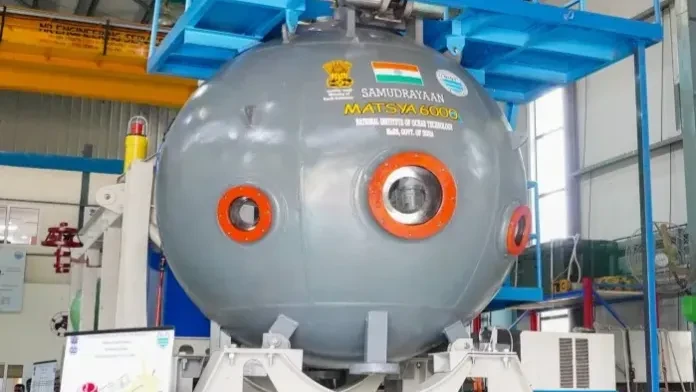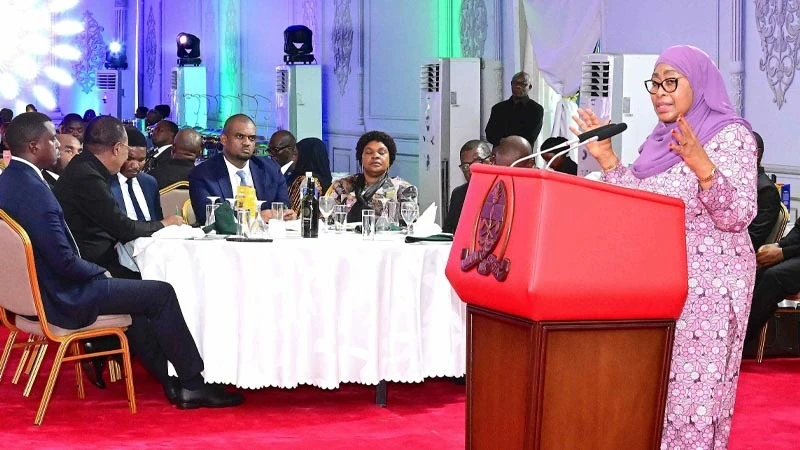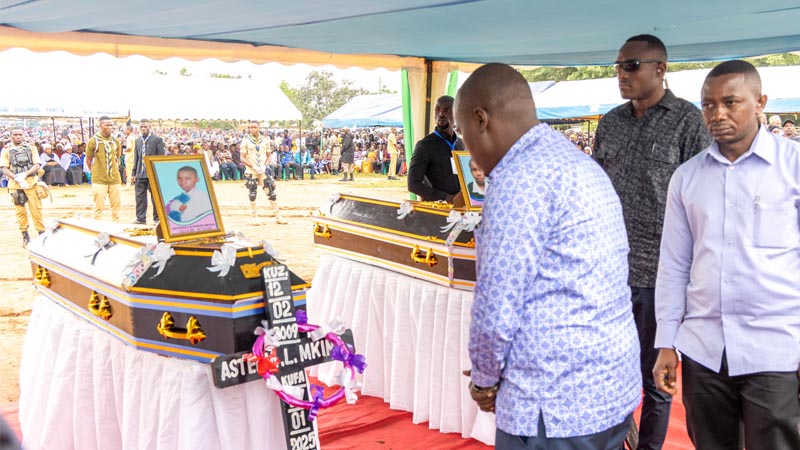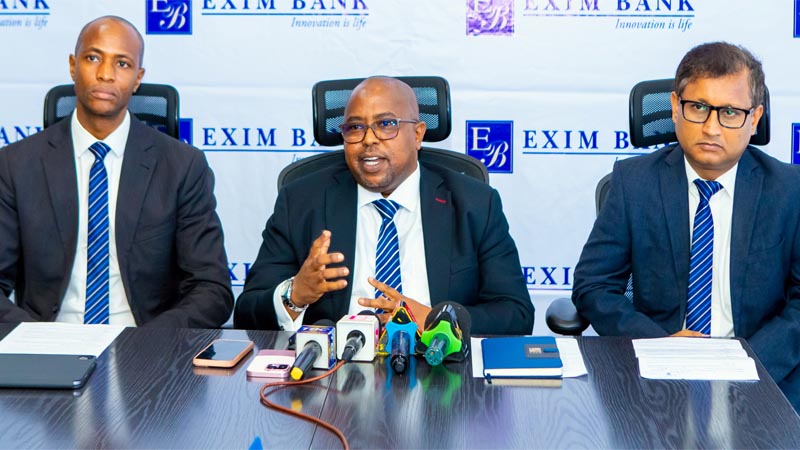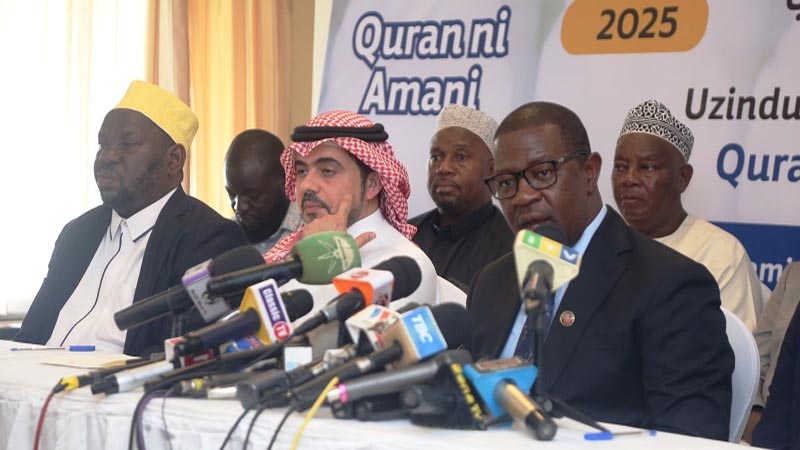Ward secondary school sets new record in Tanzania’s ICT sector
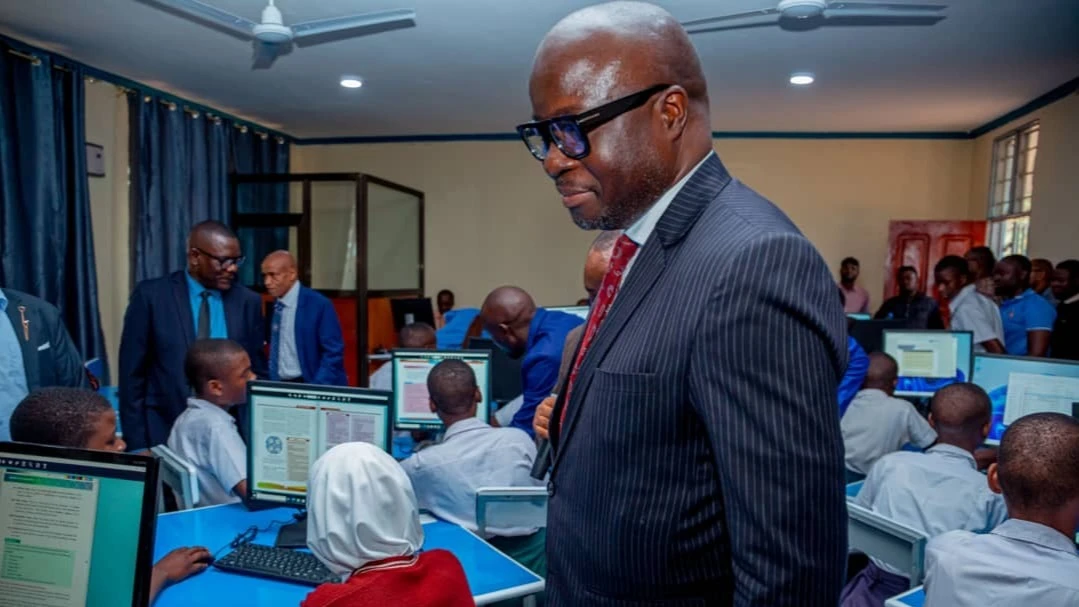
NESTLED in Kibosho West Ward, Moshi district in Kilimanjaro region, Manushi Secondary School has broken the record of becoming the first village government-owned school in setting up a modern ICT Lab.
With the ICT lab in place, the school is confident of grooming competent secondary school leavers through the application of modern teaching techniques and learning methods attributed to the installation of enough computers with electronic books for teaching and learning.
This technological advancement will enable the students of the school to access more online learning material.
ICT Commission Director General, Dr. Nkundwe Mwasaga has launched the lab recently in Manushi village during the event which coincided with the school's 15th graduation.
"I am very happy to witness the digital revolution taking place in one of the secondary schools located in remote areas like this one. We are used to seeing the development of ICT in cities;
This technological advancement complements the digital economy inclusive goal as specified in the UN’s sustainable development goals," said Dr. Mwasaga during the launch event.
He said that Manushi has been a model school for public schools in rural areas that still do not apply technologies in offering education.
He said Tanzania has more than 4,000 public ward secondary schools where the Commission has begun to motivate its teachers and secretariats in offering education through digital medium.
"There will be sessions for villagers to use this lab to learn digital and ICT lessons. Sufficient experts for teachers shall be deployed by the Commission and we will engage the Ministry of Education in deploying sufficient ICT experts in rural schools," he said.
Manushi Secondary Headmaster, Hamisi Mbawa said the presence of the lab will facilitate the achieving of quality education. He said the lab cost 50mn/- for construction and equipment.
Engineer Bahanza Amali, Director General of the QSoft Technology Company that supervised the construction said the lab is important at the present time in preparation of competitive youth with great knowledge in technology.
He said technology has revolutionized the ordinary systems for managing studies, content creation and digital libraries.
"In an increasingly globalized world, the boundaries to offering education are expanding. Through online classes, students and teachers can have real time learning sessions wherever they are;
Technology not only enables different learning styles, but also incorporates interactive features that enhance student to student engagement," he said.
According to Bahanza, in the current job market in the world, skills are more important than before, so he believes that the school will establish programs that focus on practical skills successfully.
This is the case when the Commission is seeking for local and foreign partnership with the private sector in enhancing technology in the wake of generative artificial intelligence (AI).
Just last week, Almawave, an Italian enterprise listed on the Euronext Growth Milan (Ticker: AIW) and a member of the Almaviva Group, a data and artificial intelligence player, signed a Memorandum of Understanding (MoU) with the Information and Communication Technologies Commission (ICTC).
The agreement covers the development and introduction of Almawave's Italian LLM model, Velvet, in its Swahili version - Tanzania's official language together with English - through the exchange of data, experiences and technologies.
The collaboration is focused on providing an effective tool based on generative AI for use by the Tanzanian public sector.
Under the MoU, Almawave will provide Velvet as an Open Source version to the ICTC, while the ICTC will provide local data and information for training the Swahili language version of the model.
The goal is to develop an LLM model ‘tailored’ to the local context, free of bias, capable of optimizing administrative processes through digitization and improving the efficiency of structures, as well as interactions with citizens.
Valeria Sandei, Chief Executive Officer of Almawave, said that the agreement is an important step in the collaborative journey with Tanzania and the entire African continent.
The adoption of Velvet - the multi-lingual, multi-modal foundational model we are developing on the Leonardo Supercomputer managed by Cineca - in Swahili, tailored to the country's needs in full collaboration with local institutions, demonstrates how generative artificial intelligence can be a key lever for accelerating digitization, improving public services, and fostering socio-economic development.
“Our experience in the country, which has developed over recent years through strategically-important projects, and the significant experience in the use of artificial intelligence in government gained in Italy, allows us to enthusiastically tackle this technological challenge," said Sandei.
On this aspect, Dr. Mwasaga said the collaboration with in making the model will enhance accomplishment of the goal to build a Kiswahili Large Language Model which suite the public sectors in Tanzania through various areas:
Capacity Building- which develop professional skills that will support all the development and deployment phases of LLMs in Kiswahili;
Data gathering and cleansing - both parties will collaborate in selecting the right data sources, collecting the data and cleansing it to prepare a quality Kiswahili dataset to train the LLM.
According to him, other areas are sharing experience on issues related to the project of implementing LLM in Kiswahili; the players will consider allocating reasonable financial and human resources through their budget plans to facilitate the implementation of respective activities; collaborate in project development and implementation of Kiswahili for Velvet LLM.
“We highlight in particular the projects with the Judiciary of Tanzania for the digitization of criminal and civil cases using proprietary AI voice technologies in Swahili and English, within the ‘Citizen-centric Justice in Tanzania’ program,” said Dr Mwasaga.
The program, he said, is funded by the International Development Association -World Bank Group, with the African Development Bank (AfDB) through the Common Market for Eastern and Southern Africa (COMESA) for the re-engineering of a statistical data platform for all countries within Africa, as part of the African Information Highway (AIH) initiative, and with South African Tourism, through the provision of D/AI Destinations, Almawave Group's all-in-one platform for destination marketing and management.
The Swahili-speaking countries in Africa are 12, involving a population of more than 70 million people.
Top Headlines
© 2025 IPPMEDIA.COM. ALL RIGHTS RESERVED












